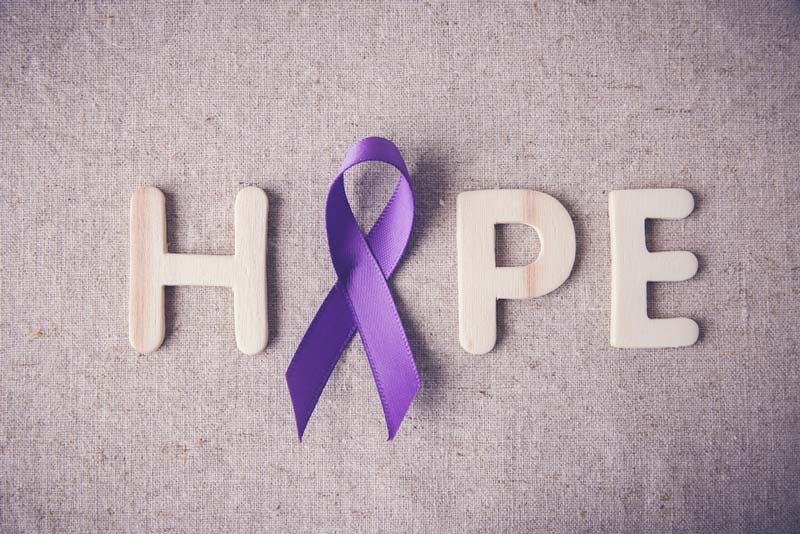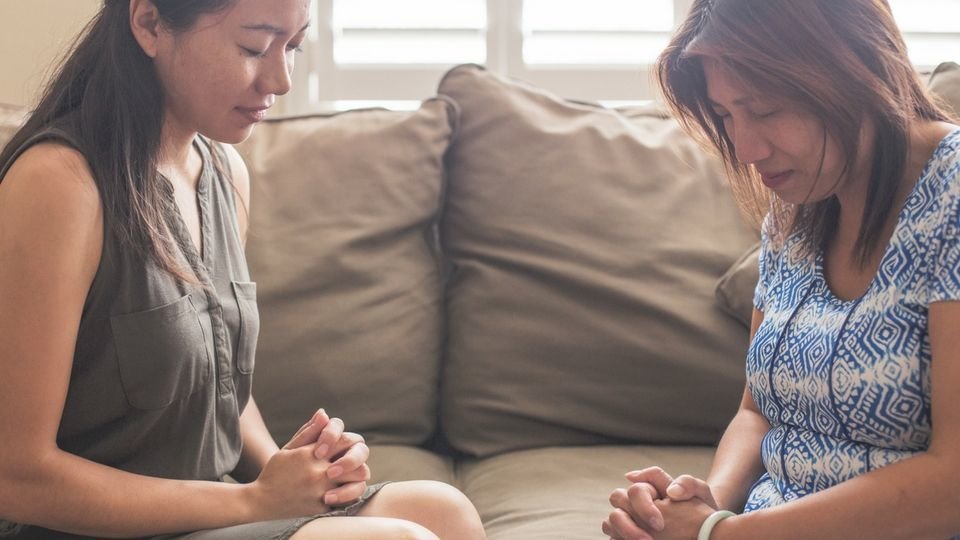Surviving domestic abuse is an incredibly difficult journey, but there are many resources and support systems available to help victims rebuild their lives and regain control. Domestic abuse survivors can find comfort in knowing that they are not alone, and there are people and organizations ready to assist with safety planning, legal support, therapy, and more. This guide provides an overview of available resources and support services for those impacted by domestic violence.
1. National Domestic Violence Hotline
The National Domestic Violence Hotline offers 24/7 confidential support for individuals experiencing abuse. They provide assistance through phone, text, and online chat, offering a safe space for survivors to share their experiences and receive guidance on how to safely leave an abusive relationship.
- Contact:
- Call: 1-800-799-7233
- Text: Text “START” to 88788
- Website: www.thehotline.org
The hotline can help survivors with emergency safety plans, finding shelters, and connecting to local resources. Additionally, the hotline can offer advice on legal and financial matters.
2. Local Shelters and Safe Houses
Many local shelters and safe houses provide a secure place for domestic abuse survivors and their children to stay while they navigate the process of leaving an abusive relationship. These shelters typically offer temporary housing, meals, legal advocacy, counseling, and other essential services. To find a shelter near you:
- National Shelter Directory:
Visit www.domesticshelters.org to search for shelters and services by location.
Shelters can offer an immediate refuge for individuals fleeing violence and a safe environment to begin their healing journey.
3. Therapy and Counseling Services
Survivors of domestic abuse often experience trauma and need professional counseling to help them heal emotionally and mentally. There are specialized therapists who work with domestic abuse survivors, offering trauma-informed therapy to address the emotional and psychological impact of abuse.
- Therapists Specializing in Domestic Abuse:
You can find certified therapists who specialize in helping survivors by visiting online therapy directories such as:
Therapy sessions may focus on trauma recovery, rebuilding self-esteem, coping with anxiety, and supporting the victim’s decision-making process regarding the future.
4. Legal Support and Protection Orders
Legal assistance is essential for survivors who are seeking justice, protection, or child custody arrangements. Many states and organizations offer free or low-cost legal assistance to survivors of domestic abuse.
- Legal Assistance:
- Legal Aid Societies: These organizations often offer free legal services for survivors, particularly for those who cannot afford a lawyer.
- Order of Protection: Legal protection orders, also known as restraining orders, can help prevent an abuser from contacting or approaching the survivor.
If you are seeking legal advice or assistance, contact local domestic violence organizations or legal aid services to guide you through the process.

5. Support Groups for Survivors
Support groups provide survivors with an opportunity to connect with others who have experienced similar situations. These groups can provide emotional support, help rebuild confidence, and offer shared resources for navigating life after abuse.
- Support Groups:
- The National Domestic Violence Hotline: Offers online and in-person support groups.
- Therapist-led Groups: Many therapists organize support groups for survivors of domestic abuse, where participants can learn coping strategies and share their experiences.
Joining a support group can help combat the isolation that many survivors feel and create a community of support and healing.
6. Financial Assistance for Survivors
Abusers often exert control over their victims by limiting their financial resources. For survivors looking to regain independence, financial assistance can be a critical part of the recovery process.
- Financial Resources:
- The Allstate Foundation’s Moving Ahead Program: Offers financial education and assistance for survivors to build financial independence.
- Temporary Assistance for Needy Families (TANF): Many states provide financial aid for survivors in need.
- The Women’s Funding Network: Provides grants and resources for women overcoming financial hardships, including those related to domestic violence.
Survivors can access financial support for housing, legal expenses, or even emergency assistance to cover essential living costs.
7. Hotlines and 24/7 Emergency Services
In urgent situations where immediate help is needed, emergency hotlines and services provide a crucial lifeline to domestic abuse survivors. These hotlines offer guidance, support, and referrals for victims in crisis.
- Emergency Hotlines:
- National Domestic Violence Hotline: 1-800-799-7233
- National Sexual Assault Hotline (RAINN): 1-800-656-HOPE (4673)
- National Teen Dating Abuse Helpline: 1-866-331-9474 (for teens)
For immediate safety or emergencies, always call 911 or your local emergency services.
8. Children’s Support Services
Children who witness or experience domestic abuse are also victims and may require specialized support. Various programs focus on helping children cope with the trauma and offer family counseling to improve their emotional well-being.
- Programs for Children:
- National Child Traumatic Stress Network (NCTSN): Offers resources and training to help children and families cope with trauma, including domestic abuse.
- Counseling and Therapy for Children: Specialized therapists can help children process their emotions and provide trauma-informed care.
Providing children with a safe environment and professional support is crucial to breaking the cycle of abuse and ensuring they heal emotionally.
9. Online Resources and Self-Help Tools
There are a variety of online resources that provide self-help tools and educational materials for survivors of domestic abuse. These resources offer information on safety planning, emotional recovery, and legal rights.
- Useful Websites:
- The National Domestic Violence Hotline: Offers articles, guides, and information on safety planning and recovery.
- Loveisrespect.org: Provides information for young people experiencing dating abuse and resources for building healthy relationships.
Online resources allow individuals to access information discreetly and safely, helping them plan for their next steps.
10. Safety Planning Resources
Safety planning is a crucial step for domestic abuse survivors looking to escape an abusive situation. These plans help victims prepare for emergencies, secure necessary documents, and establish a safe place to go in case of danger.
- Safety Planning Resources:
- National Domestic Violence Hotline: Provides detailed safety planning guides and can assist victims in creating a personalized plan.
- Local Domestic Violence Organizations: Many local shelters and hotlines offer one-on-one safety planning services for those in immediate danger.
A well-thought-out safety plan can help survivors navigate dangerous situations and keep themselves and their loved ones safe.
Conclusion
Domestic abuse is a deeply painful experience, but there are numerous resources and support systems in place to help survivors find safety, healing, and empowerment. From hotlines and shelters to legal aid and financial assistance, survivors of domestic abuse are not alone. Reaching out for help is the first step toward breaking free from abuse and beginning the journey to a healthier, safer life. If you or someone you know is experiencing domestic abuse, please do not hesitate to reach out to any of the resources listed above.




